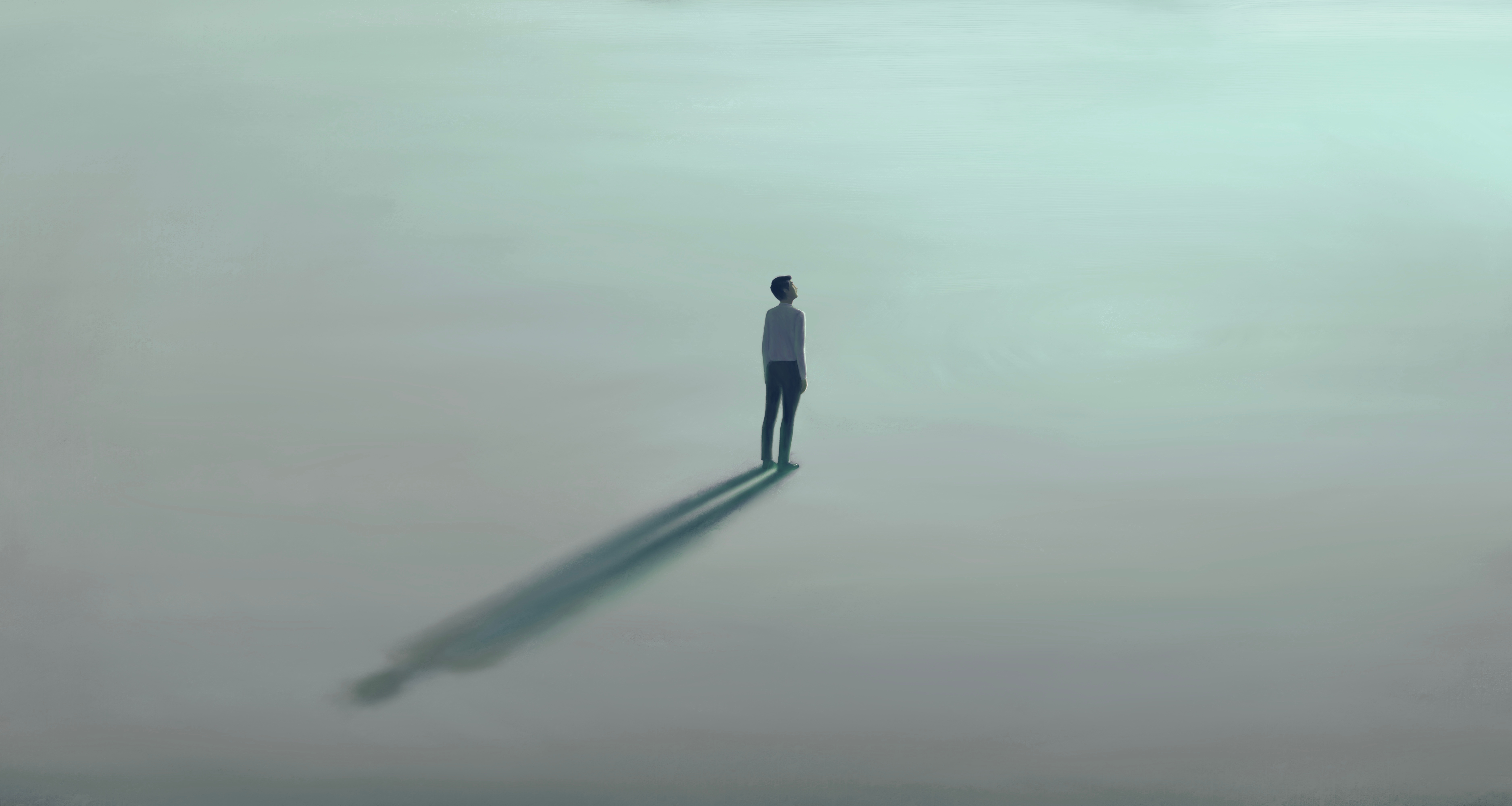By Yara Aburaya
What is loneliness?
When we feel lonely, it is perceived as an involuntary separation from other people.
A lot of people tend to consider the feeling of loneliness as just another emotion, however feeling lonely can actually have a very harmful impact on us. Some may even refer to loneliness as “a silent killer” because it is not easily recognisable and the condition is rarely discussed, despite its importance.
How dangerous can long-term loneliness be?
Loneliness is scientifically considered a health hazard, and in some cases, can even be as dangerous as smoking or alcoholism. Scientists have even found that long-term social isolation can increase a person’s risk of premature death to as much as 32%.
Along with that, intense loneliness can make a person more at risk of:
– Increased stress
– Anxiety
– Depression
– Low self esteem
– Sleep disorders
– Coronary heart disease
– Stroke
– Higher blood pressure
– Dementia
– Alzheimer’s disease
Despite this, doctors and mental health specialists have not openly spoken about the dangers of loneliness enough , resulting in severe loneliness being considered as a non-medical issue, even though it has many negative impacts on health.
Why do we feel lonely?
Over the past few years, people have been discovering new ways of making people feel less lonely. For example, social media platforms and chat rooms that give people an opportunity to make new friends virtually. Despite there being more ways in which we can communicate with one another, loneliness is still very common among people of all ages.
This could be because:
- Our relationship with someone gets weaker
- Losing a loved one
- Life changes (for example, moving location)
- Lack of trust
- Difficulty in relating/connecting with people
- Low self esteem
Which social groups have the highest rates of loneliness?
-People with disabilities: 77% of young people with a disability feel more detached from society.
-Carers: This includes doctors, nurses, psychologists and psychiatrists, and more. 81% of carers report feeling lonely and socially isolated as a result of their important role to care for society.
Is there a cure for loneliness?
Although there may not be an actual cure, there are ways in which the feeling can be reduced, such as:
- Taking up a new hobby
- Reading
- Physical activity
Talking to someone can also make us feel a lot better. This can be either to a friend or family member, as well as calling helplines such as:
-Red Cross support line (0808 196 3651)
-UK help line ((0800 678 1602)
-Carers UK (0808 808 7777))
-Samaritans (116 123)
